‘Call it out or be complicit’. ‘White silence is white violence’. ‘It’s not enough to be non-racist, you have to be anti-racist’. These are just some of the common phrases that have seared across social media in the last week, imploring white people to stop sitting idly by while their problematic friends or family litter their social media feeds with racist jokes, ‘devil’s advocate’ opinions or micro-aggressive comments.
When it comes to social media, there is no better place to put that into practice than on Facebook. Because whereas Twitter and Instagram are often echo chambers of people who broadly hold the same views as you, your Facebook friends are another matter altogether - be them the random uncle you only see at Christmas, your mum's friend that only posts ‘wine o’clock memes’ or the school mate you haven’t spoken to since year seven.
These are often the people you haven’t kept up with or followed on your other platforms because they are not in your real life or online circles. They don’t post what you’re interested in, and nor do you for them. Most likely, they don’t share in the same way you do and their feeds are wildly different to yours. This might mean, when it comes to an issue like the Black Lives Matter protests this weekend, you have the choice between a confrontation with them in the comments of their problematic post, or ignoring them completely.
You might be more comfortable with the latter, but actually, engaging with people who don't share your views, and looking to change their mind is exactly what white people - or anyone that calls themselves an ally to the Black Lives Matter movement - should be doing. In fact, it can be far more useful than posting a meme on your Instagram that you know will get the approval of your like-minded followers.
I found this out last weekend when one of my mum's friends posted a news story about the anti-racism protests that took place over the weekend, where thousands gathered in support of the Black Lives Matter movement. ‘Politics apart, don’t these people realise that they are putting themselves, families, relatives and most important health care staff at risk?’ the man posted. ‘If only a small number of them are infected it would still mean an eventual outcome of many vulnerable people and doctors and nurses being put at risk. The virus does not have political ideals.’
Will you put your words into action and actually call out those amplifying white supremacy?
I was immediately outraged, it was the first anti-protest post I’d seen on my social media thus far and the phrase ‘white silence is deadly’ was running through my head on repeat. This is a crossroads point many of us who proclaim to be allies will come across at some point. Will you put your words on social media into action and actually call out those amplifying white supremacy with anti-protest, racist or white privilege-based rhetoric?
It’s an uncomfortable conversation, sure. More so because you’re not necessarily causing an issue for yourself when you call out aunties, uncles or family friends on Facebook but for your parents. Would this man call my mum in outraged if I commented with what I really thought? Would he make her life more difficult socially, excluding her from events or discussing her negatively with friends who thought like he did? Would he bring this up at future gatherings and cause a huge row?
Luckily for me, I was raised by a woman who has always called out injustice when she sees it and taught me to do the same. But I spoke to her first, not just to ensure she’d be aware of the potential strife I was about to cause in her friendship group but to also explain that her reaction to the status – with an angry face – just wasn’t good enough. ‘You're right, I should’ve followed it up with an explanation,’ she agreed. And so we both did, commenting on his status to condemn what was essentially a vile projection of white privilege. But this too came with some planning, because calling out someone online needs more than just an angry reaction. When you want to really change someone’s mindset, it takes research, understanding and a delicate balance of both passion and education.
Firstly, I wrote out what I wanted to reply in my notes app. I wanted to be clear and concise, providing absolutely no recall for a reply that wouldn’t out him as someone amplifying racism. I wanted to be emotive, to show this isn’t actually an issue of politics but an issue of human rights. And finally, I wanted to cover all bases - it wasn’t just his privilege he needed to be aware of, but how painfully abusive and gaslighting it is to post this on a public forum where undoubtedly, some black people may see it.
I tried not to be hostile so as to encourage learning and understanding, - although I can't say I 100% succeeded on that front. I also considered messaging him privately, but I came to the conclusion that if he was brave enough to post this opinion on social media, he should be brave enough to hear an opposing response.
After all, one thing people need to realise is that posting on social media amplifies their voice, large following or not. It’s the equivalent of shouting your opinion from the rooftops. So in my mind, if it’s not something you’d say on national television, you shouldn’t be saying it at all.
And thus, I descended into the comment section – mum by my side.
‘This is what your choosing to call out after weeks of people flocking to parks/beaches/street parties?’ I asked him in the comment. ‘It must be nice that you can be so unaffected by racism that you can sit and judge people for fighting against something that kills black people and/or makes their lives unbearable every single day and has done for hundreds of years.
‘This is unfortunate timing but the people fighting for fundamental human rights are not the ones to judge if there’s a spike,’ I continued. ‘They would not be in the streets protesting if we all gave as much energy to actively fighting white supremacy as you do to calling out the people who suffer under it every day for something they are already disproportionately affected by… because of racism!.’
‘Just to clarify what I meant by my angry face I posted yesterday was that I was angry at the comments blaming these people for increasing the virus,’ my mum added below. ‘For me it’s this government’s massive incompetence that have caused so many to die already. The people protesting are risking their lives to show their strength of feeling, they are braver than me and I salute them. Racism is vile and so is ignorance of white privilege.’
People will react badly when they’re confronted by their own racism.
Unsurprisingly, my mum received an angry, defensive phone call later than evening. But not only was he clearly stumped by our replies given that he provided no response at all, he ended up deleting the post altogether. Uncomfortable conversations were had, minds were hopefully changed and racist posts were deleted, that's a small win in my eyes.
Learning your privilege, unpacking your own racism, growing and progressing is uncomfortable and difficult. People will react badly when they’re confronted by their own racism, and like in this instance, may take their internal struggle out on you. But just because you are educating someone does not mean you have to be their support system as they battle their own racist demons, that’s a job for their therapist.
For white people, calling someone out for their racism may seem uncomfortable at first. But actually, it something we should all get comfortable with and quick. It should feel second-nature and certainly not be a cause for celebration at our own allyship. If white silence is deadly, then speaking up is simply not standing by while people die, and that truly is the bare minimum you can do.
Click through to find anti-racism charities you can support in the UK and US...
Charities To Support - Grazia
 1 of 23
1 of 23Stephen Lawrence Charitable Trust
Stephen Lawrence Charitable Trust works with young people from disadvantaged backgrounds aged 13 to 30 to inspire and enable them to succeed in the career of their choice
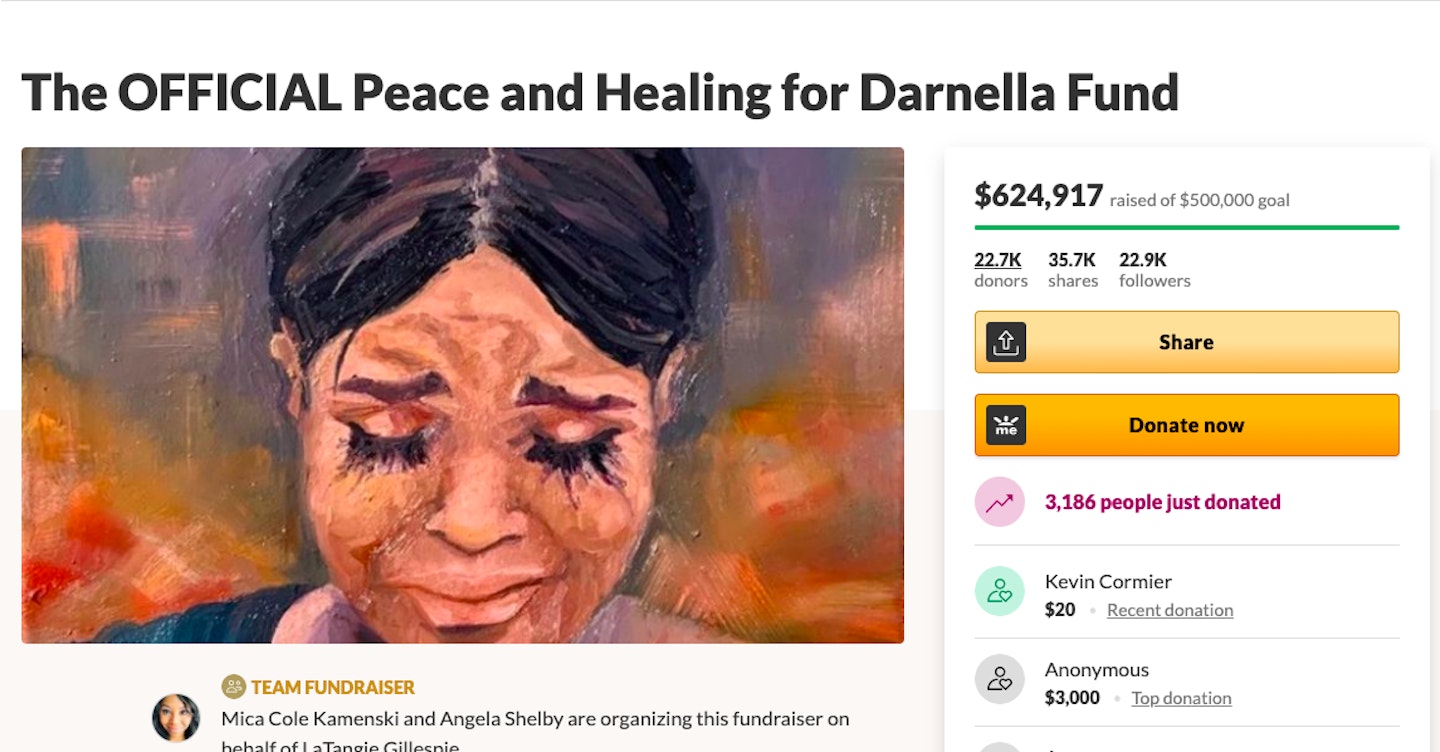 2 of 23
2 of 23Peace and Healing for Darnella Fund
Darnella Frazier, the brave young woman who filmed the murder of George Floyd, deserves peace and healing. In addition to the trauma of watching a black man be murdered by police, she has had to deal with trolls, bullies and ignorant people harassing her online. This fund is to support the healing and the restoration of hope for Darnella Frazier —whatever that means to her.
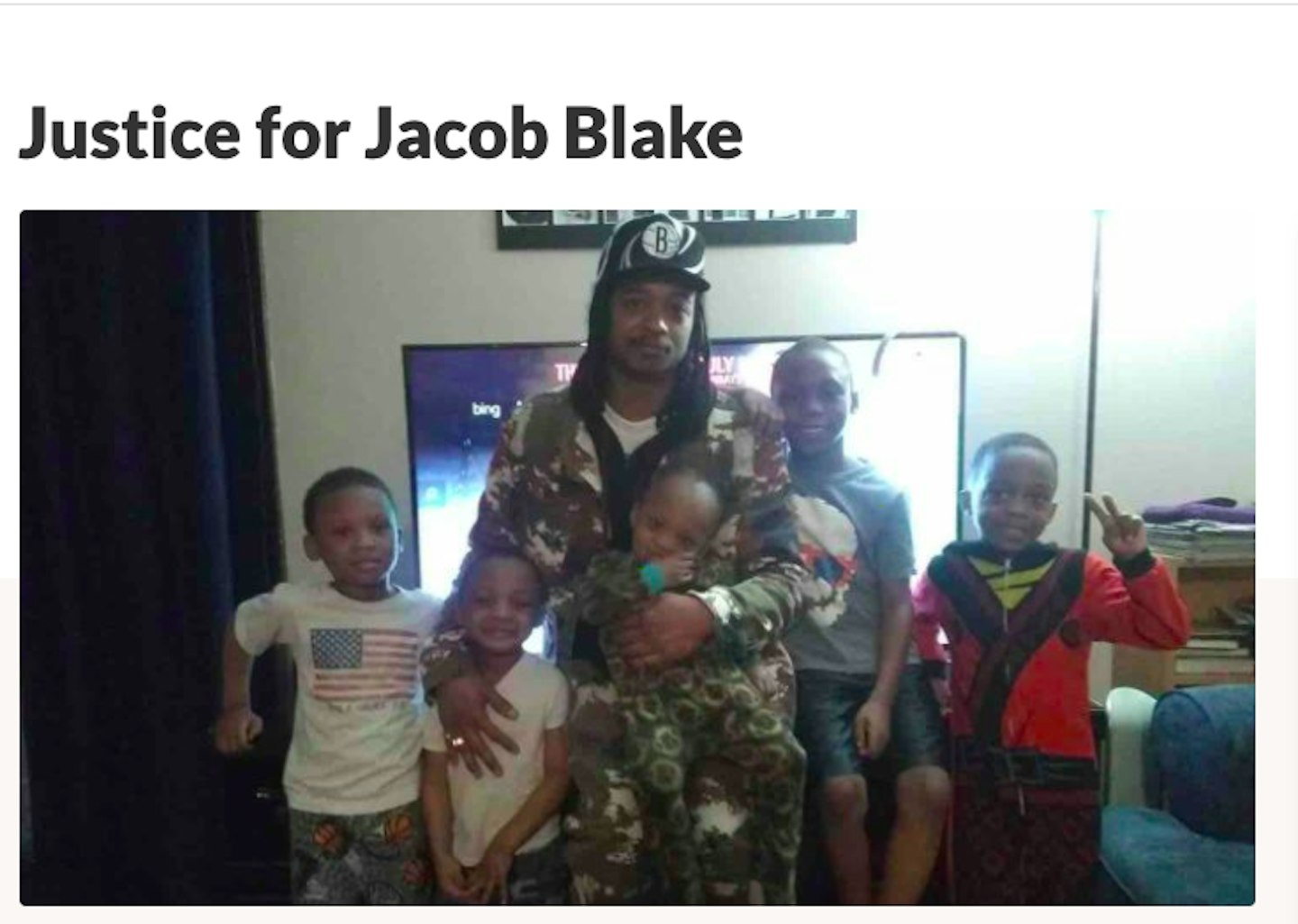 3 of 23
3 of 23Justice for Jacob Blake Fund
Set up by Blake's mother, this fund will cover his medical expenses, mental and grief counseling for his family and to assist them in the days to come, as they continue to seek justice for Jacob. A portion of these proceeds will also be used to benefit his six children.
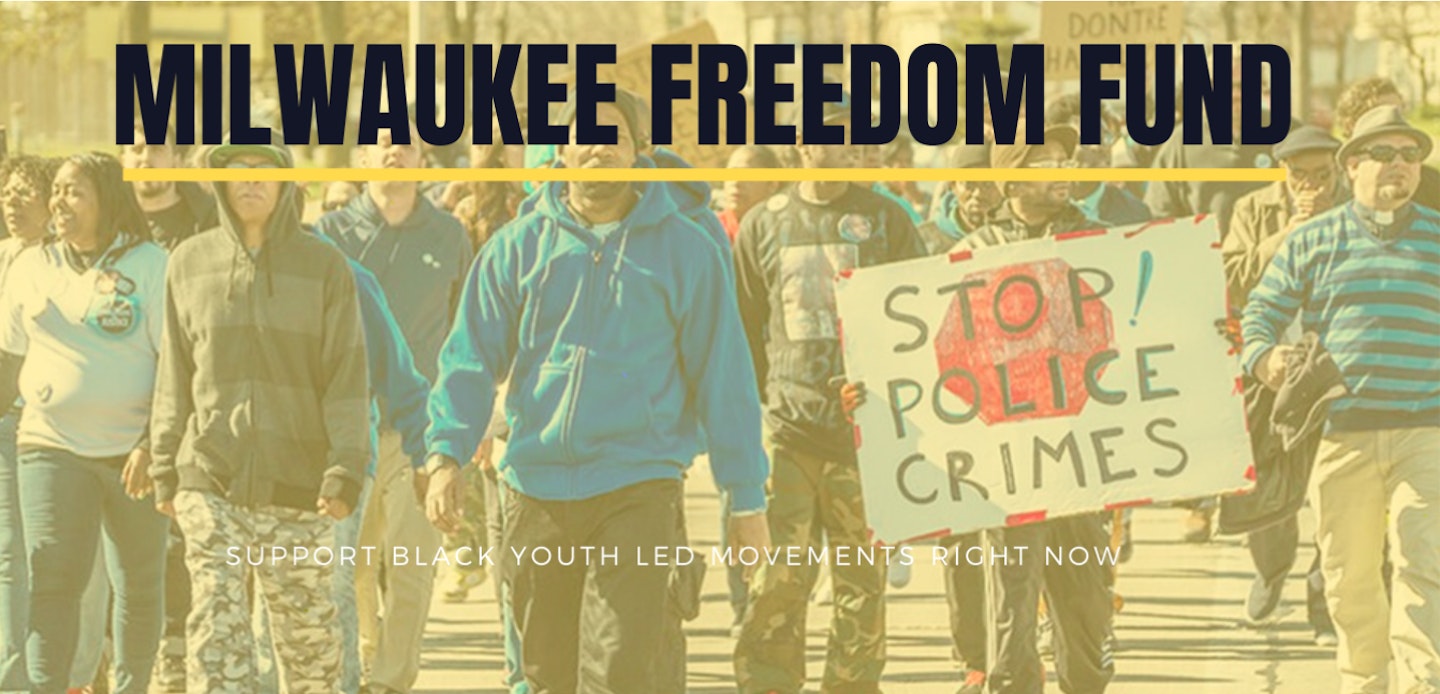 4 of 23
4 of 23Milwaukee Freedom Fund
MFF was started by Black and Brown Milwaukee organizers to support residents' right to protest for justice. Donations help support their work helping protesters and community mutual aid and start a locally controlled and operated Milwaukee Bail Out Fund that is part of the National Bail Out Network. Through this work they will build on ongoing bail abolition efforts, support immigration efforts, work towards Black and Brown Liberation and support Black and Brown young people as they build a new world.
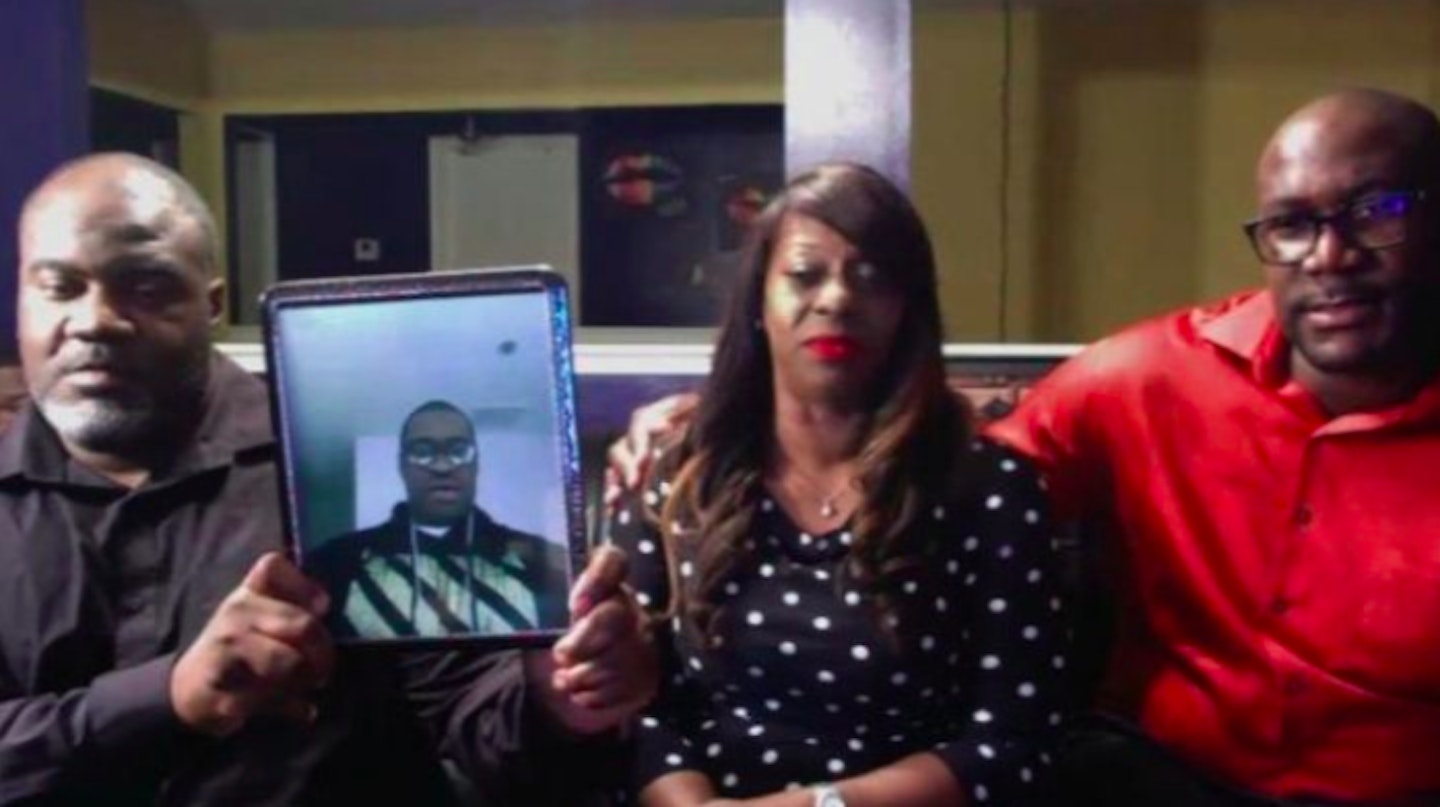 5 of 23
5 of 23George Floyd Memorial Fund
This fund covers his funeral and burial expenses, mental and grief counseling for the family, lodging and travel for all court proceedings and to assist the family in the days to come as they continue to seek justice for George. A portion of these funds will also go to the Estate of George Floyd for the benefit and care of his children and their educational fund.
 6 of 23
6 of 23Minnesota Freedom Fund
The MFF is working with the US National Lawyers Guild and Legal Rights Center to help bails that are set for protestors.
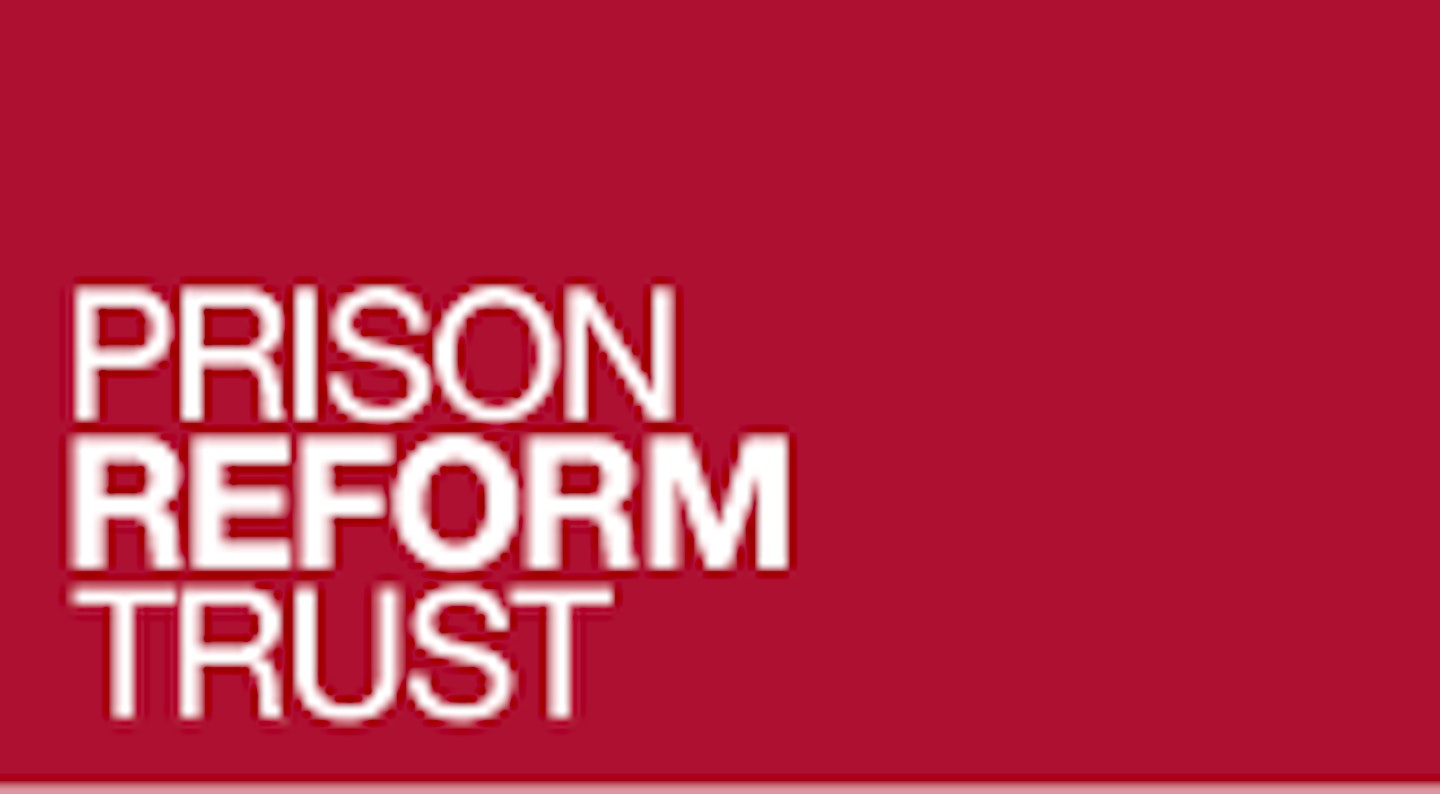 7 of 23
7 of 23Prison Reform Trust
Prison Reform Trust works to make the prison system in the UK just, humane and effective.
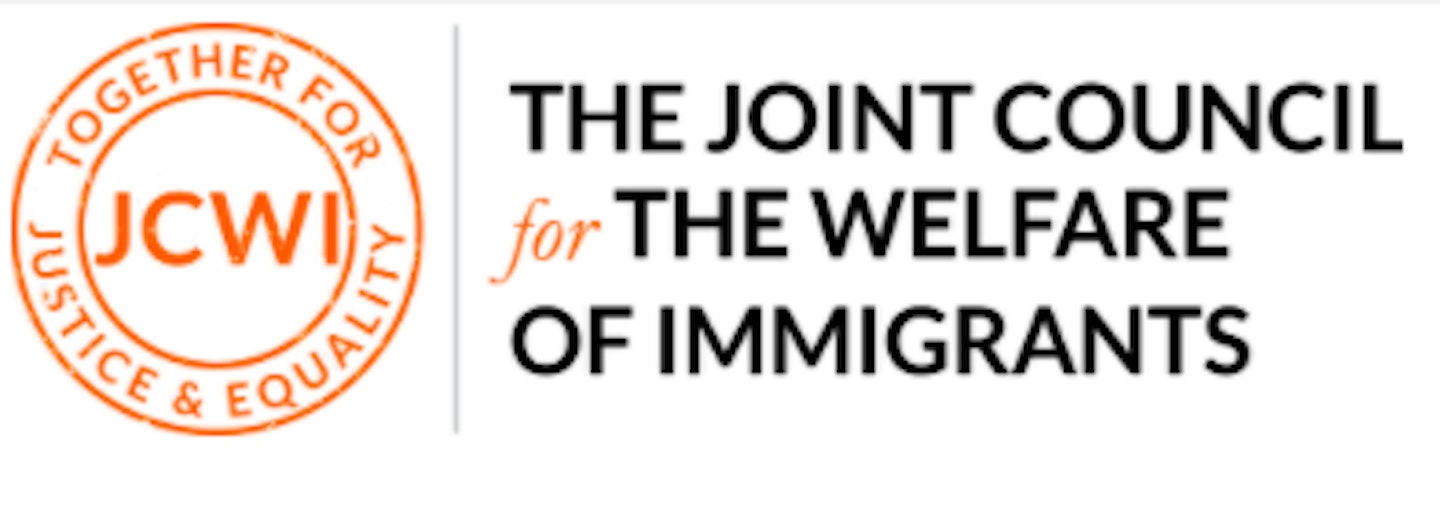 8 of 23
8 of 23Joint Council For The Welfare Of Immigrants
The JCWI aims to create a world in which immigration law and policy are based on sound evidence, promote the rule of law and are underpinned by respect for human rights and human dignity
 9 of 23
9 of 23Access UK
Helps reduce BME youth unemployment, provide employment and training solutions for youth offenders and implement anti-gang initiatives in the community.
 10 of 23
10 of 23Charity So White
Tackles institutional racism in the charity sector.
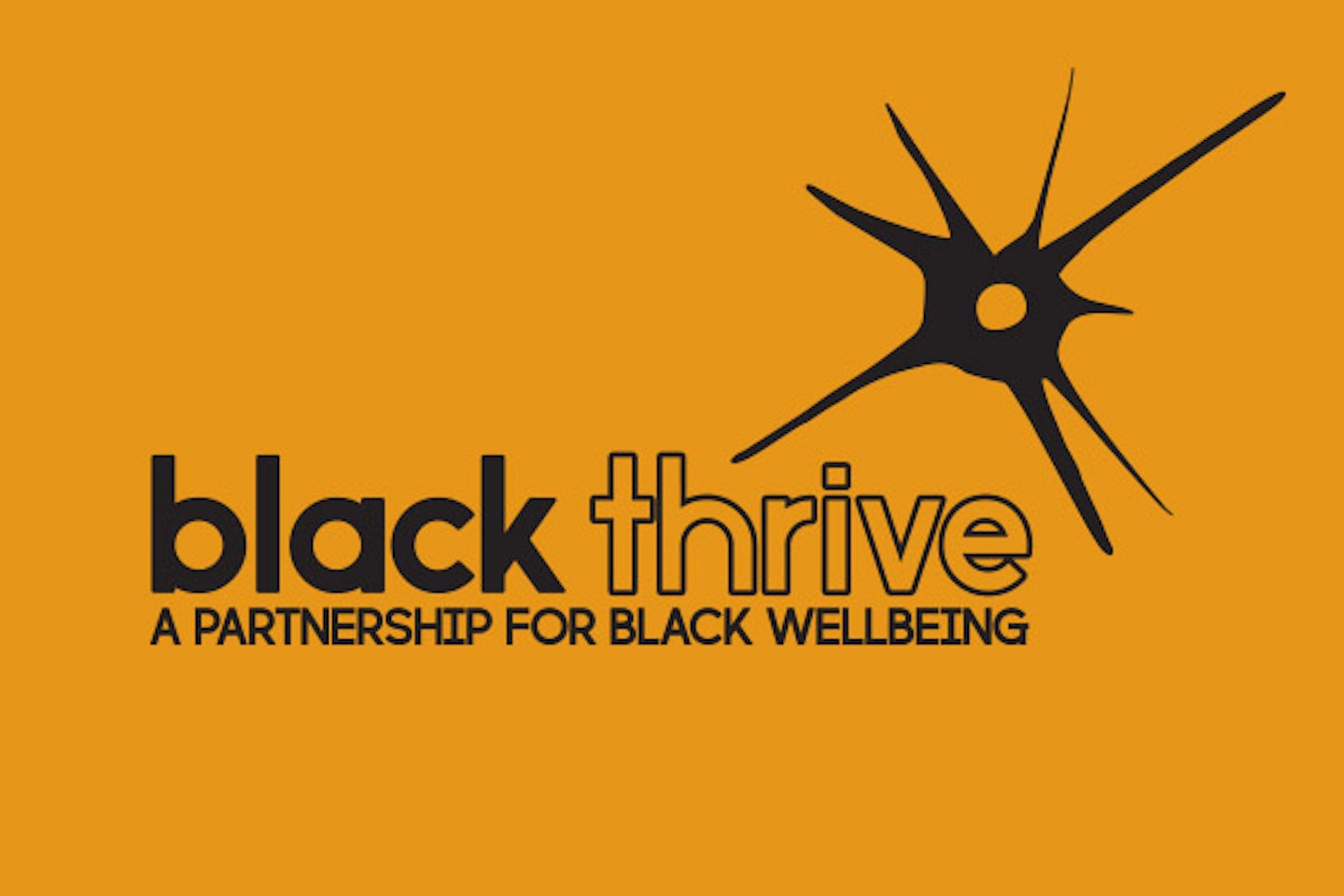 11 of 23
11 of 23Black Thrive
Black Thrive works to reduce the inequality and injustices experienced by Black people in mental health services.
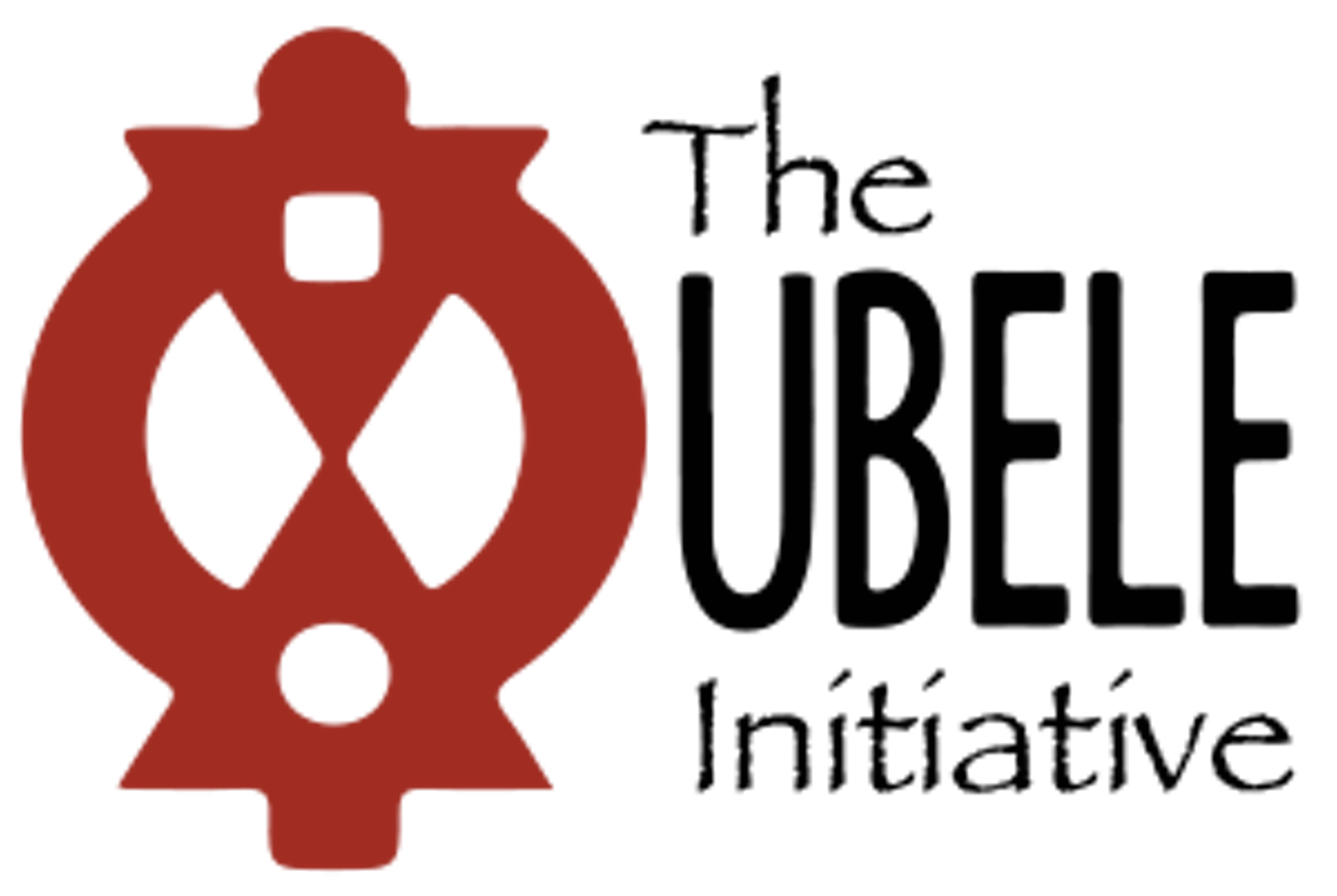 12 of 23
12 of 23The Ubele Initiative
Supports the African diaspora community.
 13 of 23
13 of 23Women In Prison
Supports women affected by the criminal justice system and campaigns to end the harm of prison to women, their families and our communities.
 14 of 23
14 of 23Race On The Agenda (ROTA)
Race On The Agenda (ROTA) is a social policy research organisation focusing on issues that impact BAME communities.
 15 of 23
15 of 23Show Racism The Red Card
Provides educational workshops, training sessions, multimedia packages, and a whole host of other resources, all with the purpose of tackling racism in society.
 16 of 23
16 of 23The Equality Trust
Works to improve the quality of life in the UK by reducing economic and social inequality.
 17 of 23
17 of 23Stop Hate UK
A service for victims of racial harassment aiming to end hate crimes in the UK.
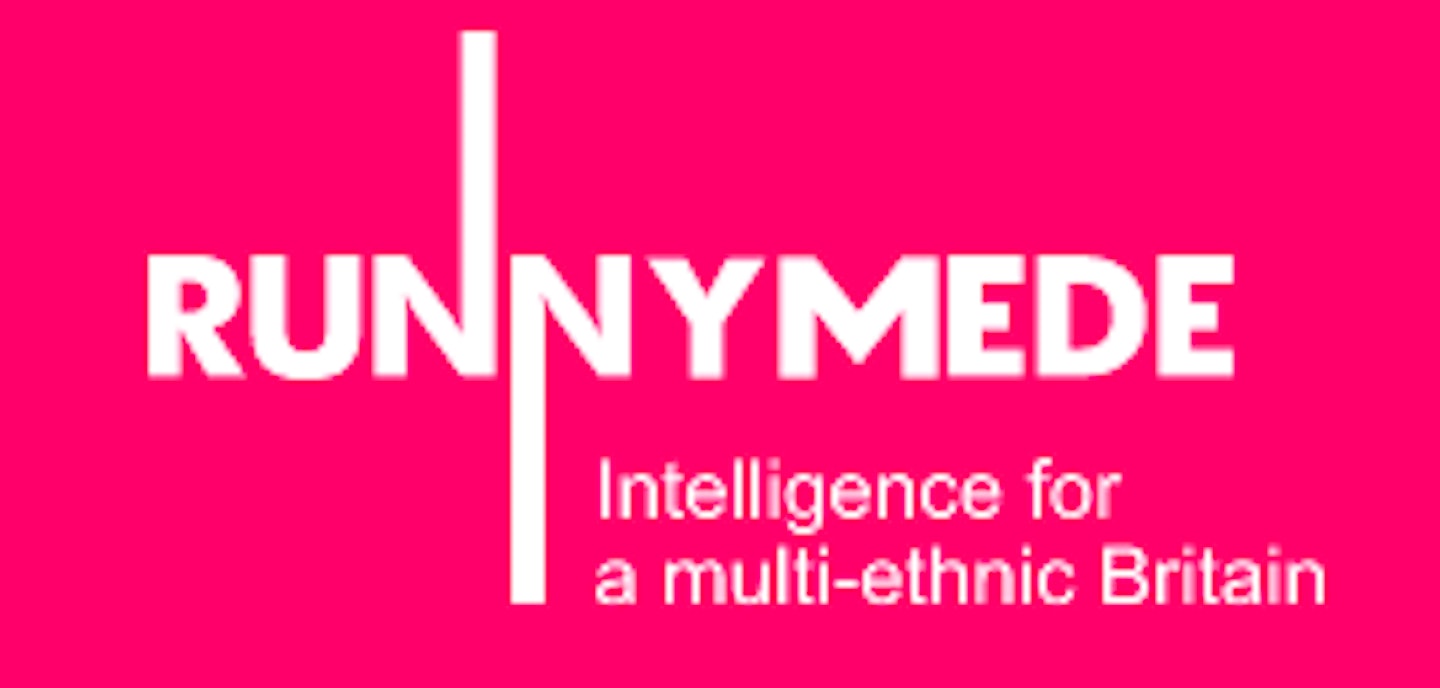 18 of 23
18 of 23Runnymede
Generates intelligence to challenge race inequality in Britain through research, network building, leading debate, and policy engagement.
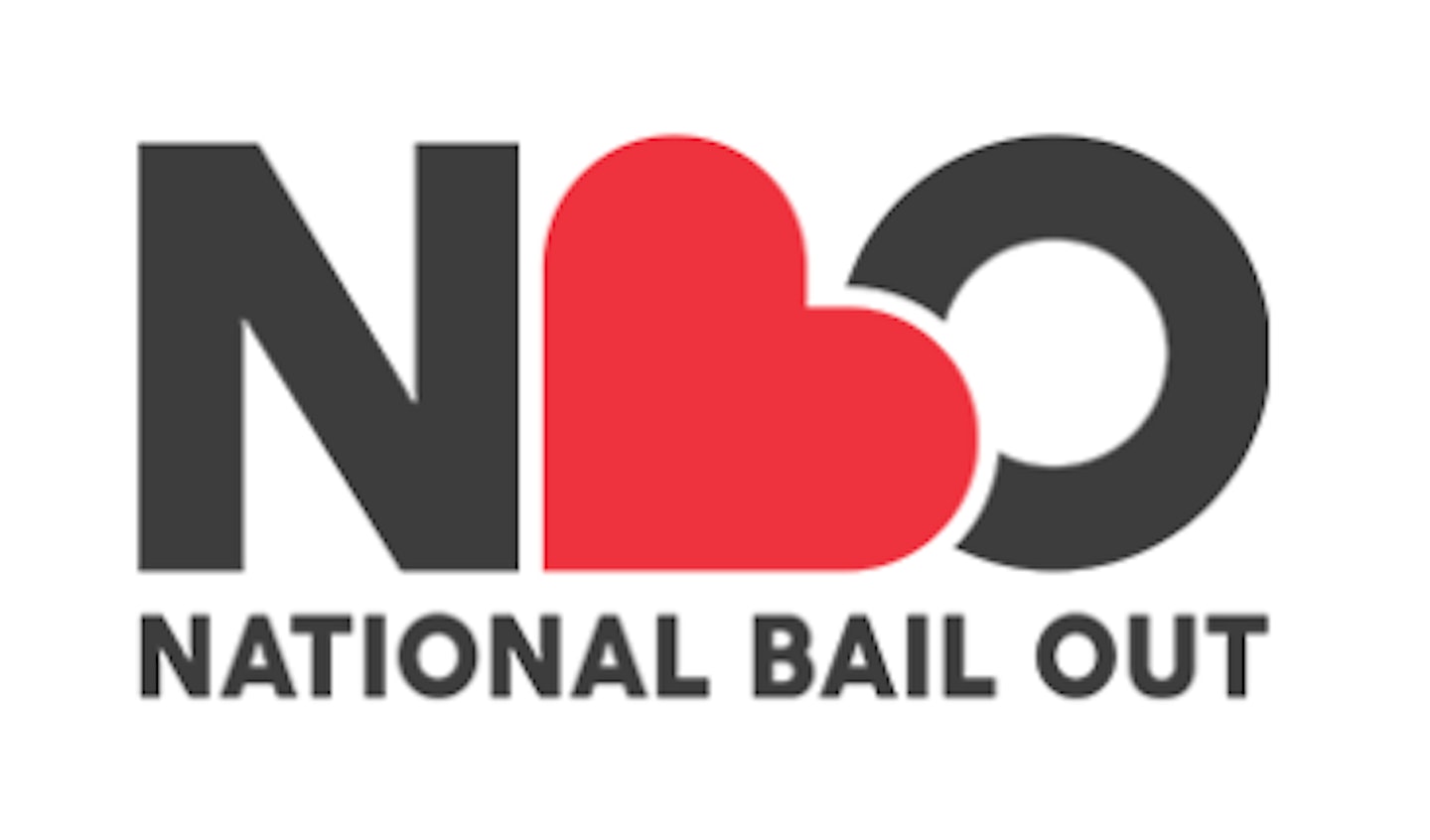 19 of 23
19 of 23National Bail Out
This US charity is a Black-led and Black-centered collective of abolitionist organizers, lawyers and activists building a community-based movement to support our folks and end systems of pretrial detention and ultimately mass incarceration.
 20 of 23
20 of 23Black Lives Matter
This US organisation (for which there is a UK movement here) fights to end state-sanctioned violence, liberate Black people, and end white supremacy forever.
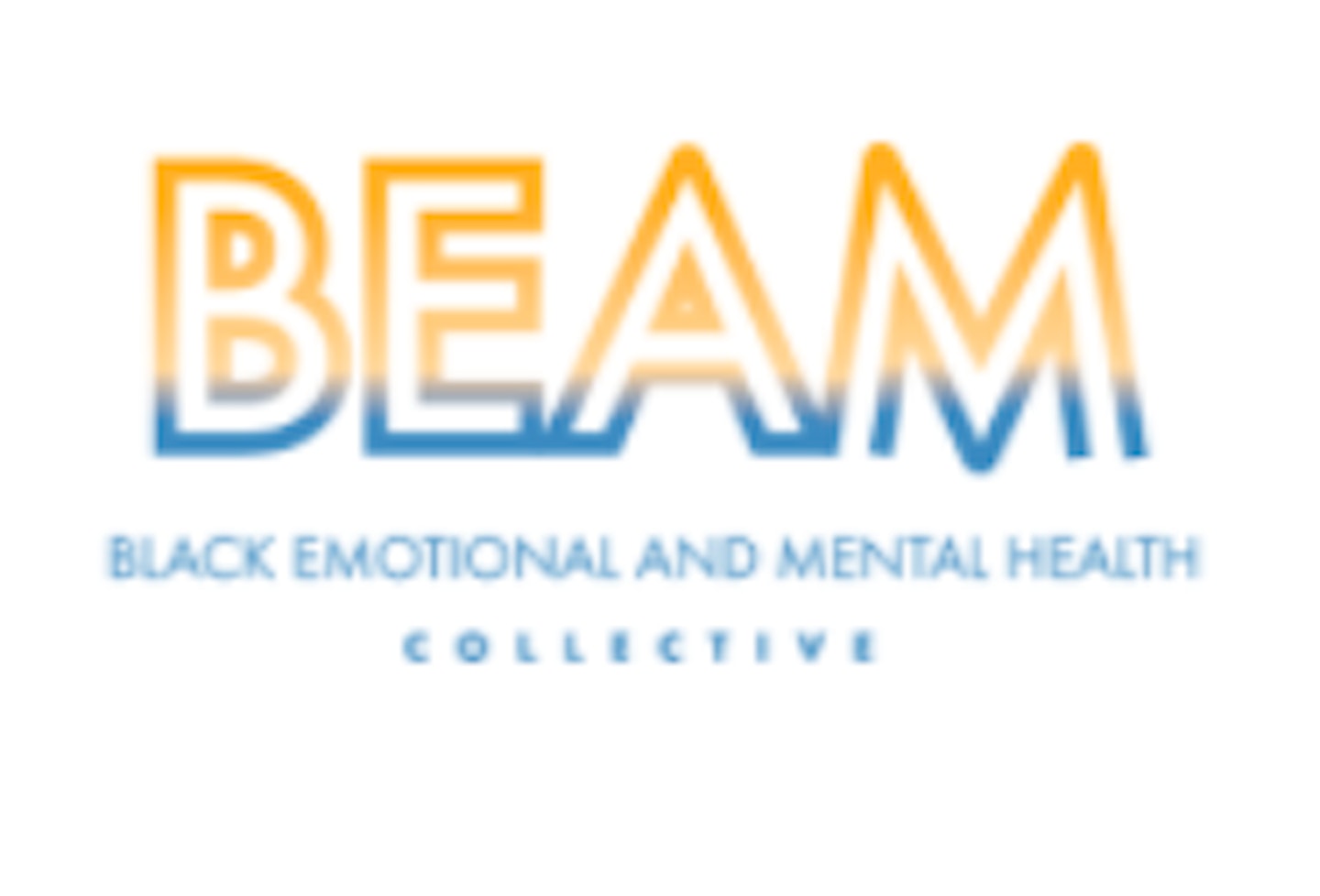 21 of 23
21 of 23BEAM
BEAM is a US training, movement building and grant making organization dedicated to the healing, wellness and liberation of Black and marginalized communities.
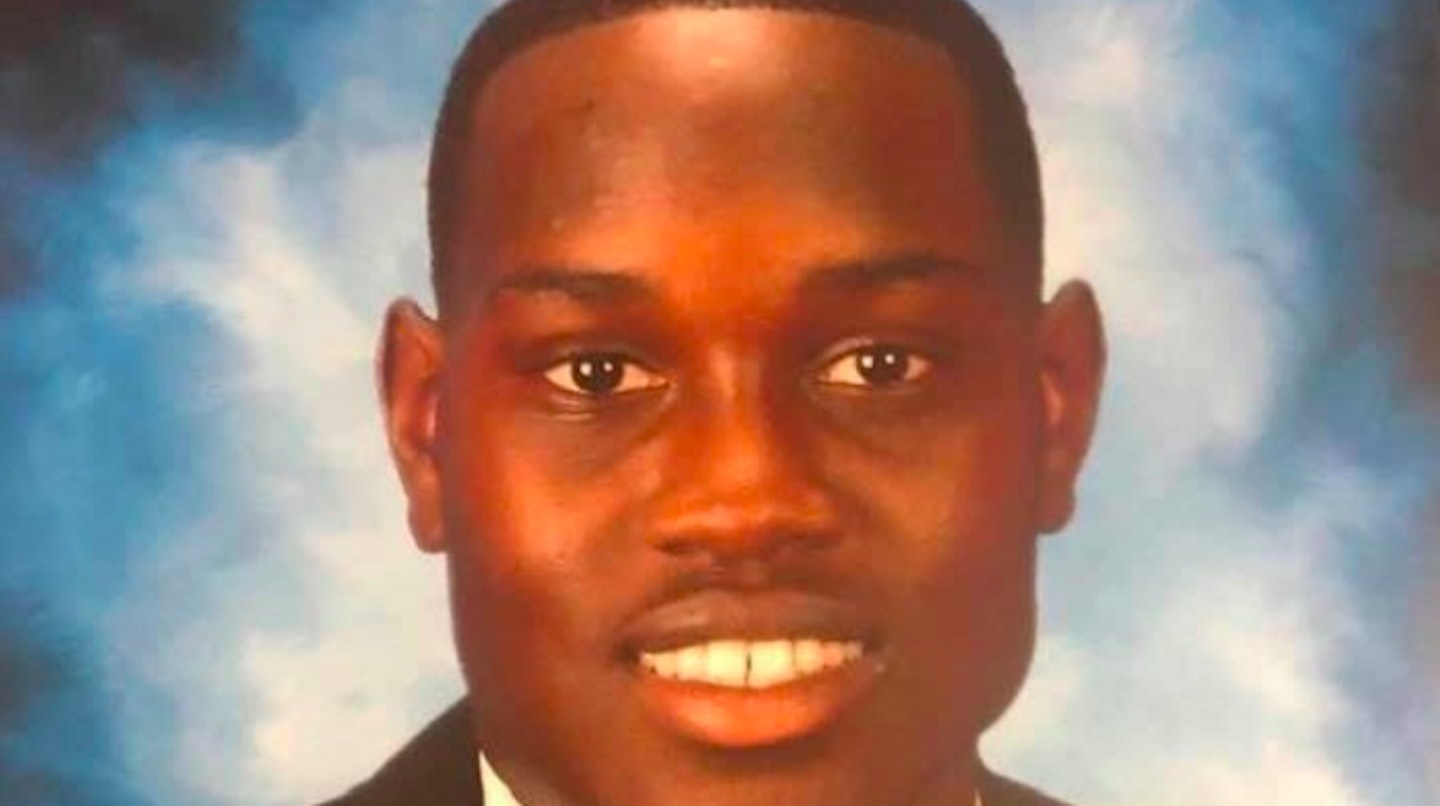 22 of 23
22 of 23Ahmaud Arbery Memorial Fund
Ahmaud Arbery was chased and gunned down by Travis McMichael, son of retired Brunswick investigator Greg McMichael, under the father's and son's pretenses of witnessing a burglary in Satilla Shores of Glynn County. There is no evidence of the alleged burglary.
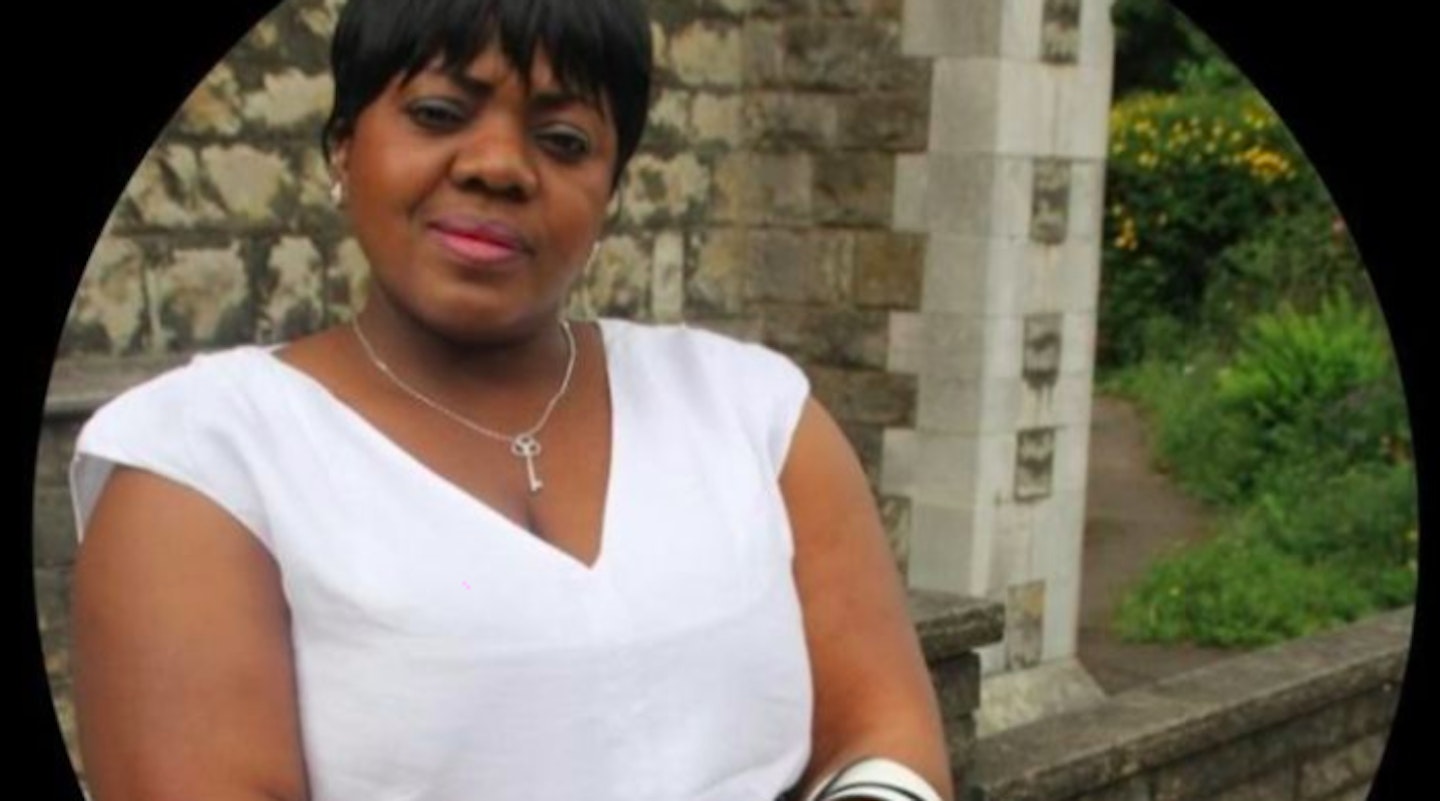 23 of 23
23 of 23Belly Mujinga Memorial Fund
For the memorial of Belly Mujinga, the railway worker who was spat at before she died of Covid-19.
.jpg?ar=16%3A9&fit=crop&crop=top&auto=format&w=1440&q=80)